Revolutionizing Environmental Health Research.
Along with the NIEHS, we are leading a center and a movement in understanding how our environments, or the exposome, shape human health.
The concept of the 'exposome' was first introduced by Dr. Christopher Wild in 2005 to encompass the wide array of exposures—chemical, social, physical, and more—that we encounter over our lifetimes. But where others saw an impossible challenge, we are seeing now with NEXUS an opportunity to reshape the field.
NEXUS zeroes in on what truly matters: the factors that have the greatest impact on health and can be measured with today’s cutting-edge technology. Our mission is to revolutionize how the biomedical and public health communities think about environmental drivers of disease by creating new tools, investigator research networks, and methods that make exposomics a core part of scientific and biomedical research.
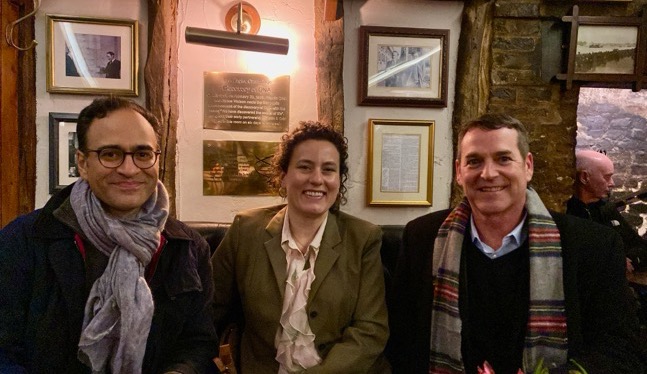
NEXUS MPIs. Left to Right: Chirag Patel (Harvard), Rima Habre (USC), Gary Miller (Columbia)
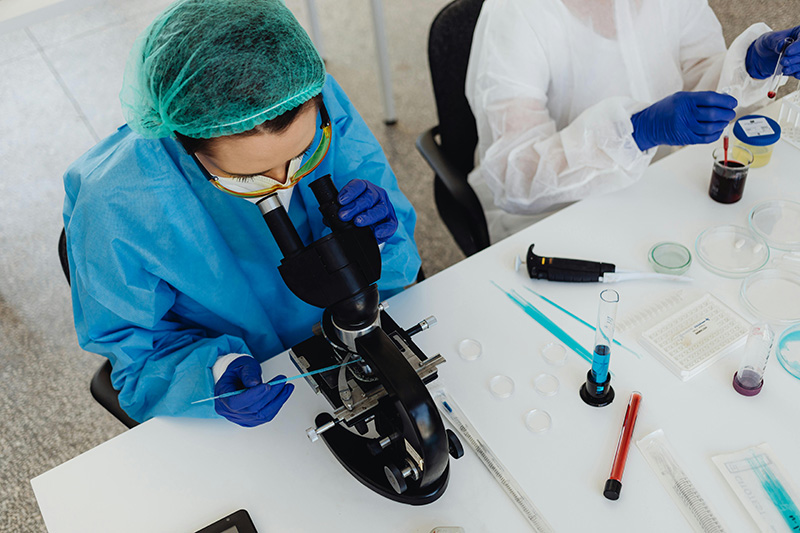
“Given the profound impacts of the environment on human health and disease, it is so important that NIEHS continue its work to build the tools and lead the science that will allow researchers across all NIH Institutes and Centers around the country to explore the importance of the exposome and the overall environment to human health...”
Sponsorship
Our research funding support
This center is sponsored by the NIH National Institute of Environmental Health Sciences (NIEHS), National Institute on Aging (NIA), National Institute of Neurological Disorders and Stroke (NINDS), National Cancer Institute (NCI), National Institute of Arthritis and Musculoskeletal and Skin Diseases (NIAMS), and the Office of Research on Women’s Health (ORWH).
NEXUS is also in partnership with other exposome coordinating centers including: Gateway Exposome Coordinating Center (GECC), The Environmental Exposure Assessment Research infrastructure (EIRENE), and The International Human Exposome Network (IHEN).
The grant number is U24ES036819 in response to the NIH funding announcement RFA-ES-23-010. For more information on support, please see NIH RePORTER.
Our Vision
Precision Environmental Health
NEXUS is more than just a coordination effort for current research — our goal is to transform the entire biomedical enterprise.
By operationalizing exposomics, we’re integrating environmental data into all types of research, and achieving the genomics scale to identify the balance between genetic and environmental influences on health. We believe that by better understanding the exposome, we can unlock the full potential of precision medicine and help solve some of the most pressing health challenges of our time.
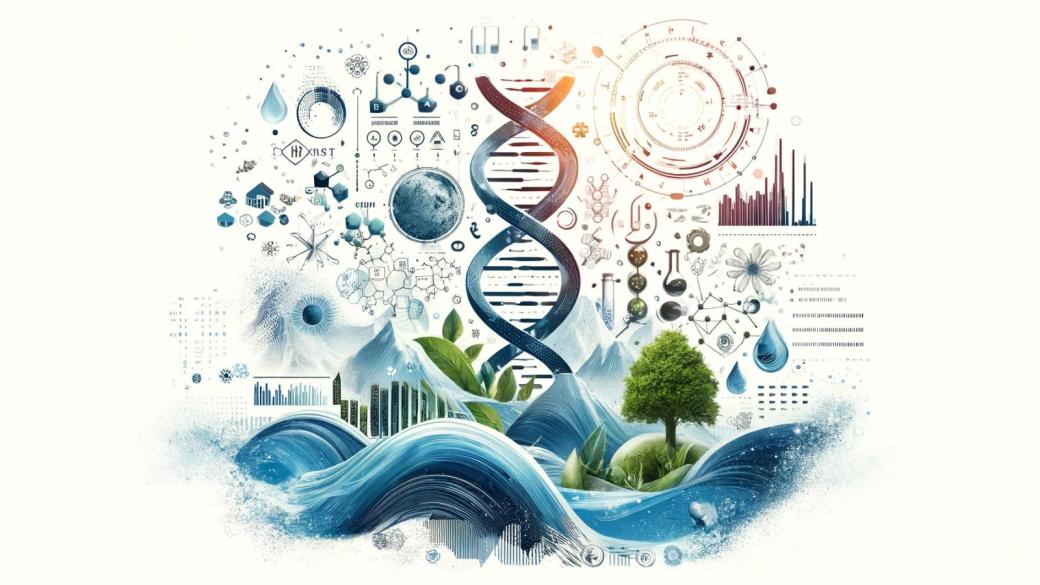
What We Will Do
Innovation through Collaborative Networks

Engaging Stakeholders & Supporting Innovation
Our Administrative and Stakeholder Engagement Hub provides a solid foundation for all NEXUS activities. We connect researchers, policymakers, and funders, while coordinating scientific vision, logistical support, and resources to accelerate innovation in exposomics. Through workshops, disease-focused accelerators, and collaborative hubs, we’re creating a vibrant community of practice.
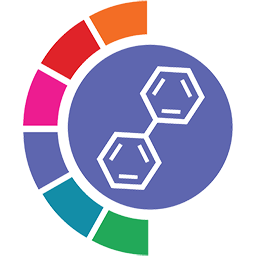
Cutting-Edge Exposomics Measurement
Our ChemBio Analytical Sciences Hub is developing state-of-the-art tools and best practices to measure the exposome in both biological and environmental samples. From exposome kits to ring trials, we are standardizing the science of exposomics and making it more accessible to researchers everywhere, ensuring that the technology keeps advancing.
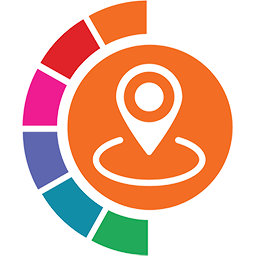
Understanding Place-Based Exposures
The Geospatial Sciences Hub is pioneering new ways to study how our surroundings—both social and environmental—impact health. By developing a scalable geospatial data framework, we’re creating tools that help researchers and public health officials connect the dots between place-based exposures and health outcomes at both the population and personal levels.

Building the Future of Exposomics Data
With the NEXUS Data Sciences Hub, we’re building the digital infrastructure to support a new era of precision environmental health. By integrating informatics, AI, and machine learning, we’re creating a robust data ecosystem for exposomics research. Our goal is to plan for a large-scale Exposome-Wide Association Study (ExWAS) across multiple diseases and establish a human exposomics reference panel—unlocking vast new insights into how our environments shape health and how to design future exposomics studies.